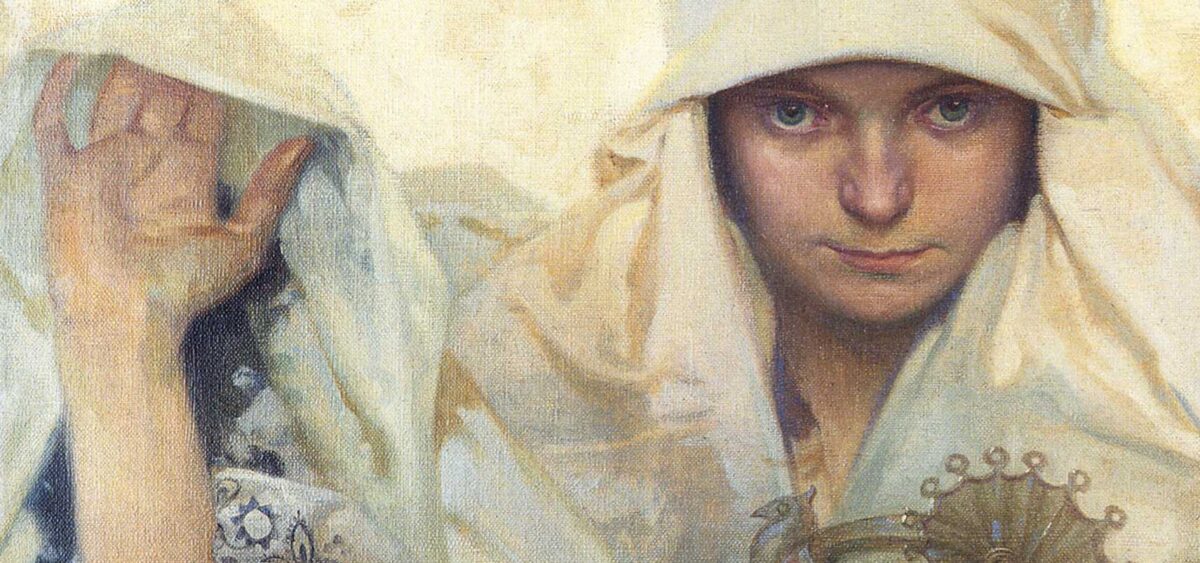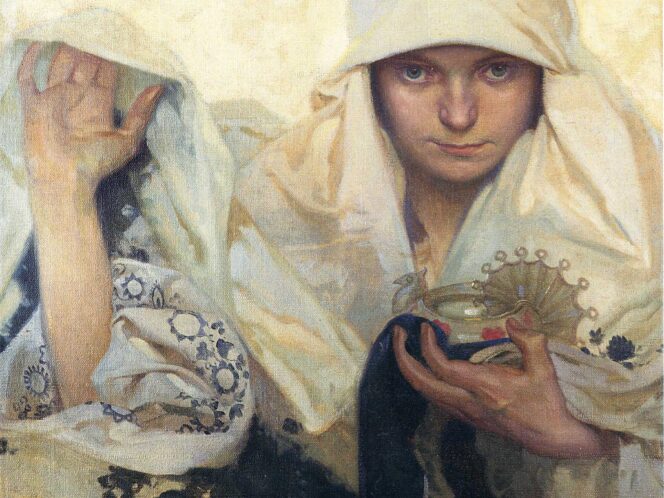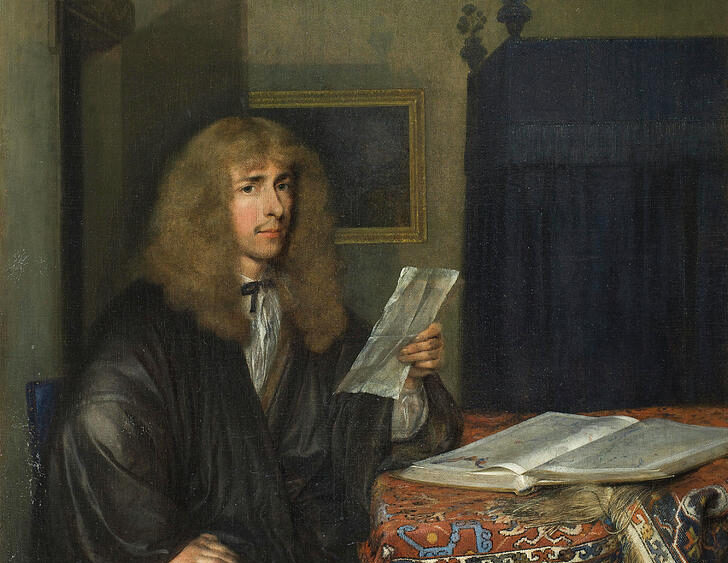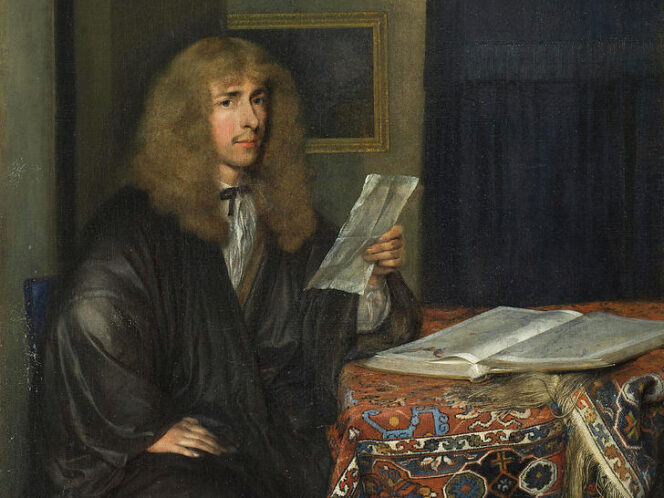
“Czechs! You know what they are? . . . Grinning beasts!” says Councilor Murarick in Closely Watched Trains. Can we still see this in their literature?
The year is 1913, there’s a house in the village of Židenice, today a district of Brno in the Czech Republic. The nineteen-year-old Miss Marie Kiliánová tells her parents she is expecting a child. Her hot-tempered father pulls a flintlock from the wardrobe, drags his daughter outside and yells: “Kneel, I’m going to shoot you!” Her mother, who is calmly pouring a bowl of soup, comes out in front of the house and puts her foot down: “Stop fooling around and come eat, it’s getting cold.”
This story apparently marked the beginning of the life of future author Bohumil Hrabal, who wrote Closely Watched Trains. He was the bastard child of František Hrabal, a brewery accountant in Polna. The picturesque scene with the soup is perfect for Bohumil Hrabal, in whose writing even dramatic events became amusing, anecdotal stories to tell over a glass of beer.
In this regard, the travails of the workers at a provincial railway station in Closely Watched Trains are significant: young Miloš Hrma is wracked by his first sexual mishaps, the train dispatcher Hrubička stamps the bottoms of beautiful girls, the stationmaster is mainly occupied with breeding pigeons. And the whole story unwinds during the war, signified by the titular trains that keep passing through the station.
Hrabal learned from the best—in Czech humorist and writer Jaroslav Hašek’s Good Soldier Švejk, the artillery booms off in the distance. Protagonist Švejk skillfully dodges and weaves to stay as far away as he can. And at the same time, he makes us laugh till we cry in the absurd predicaments arising from how literally and thoughtlessly he follows his orders. War seems to be fun and games.
“In Czechia even the king incomprehensibly turned into a jovial,








